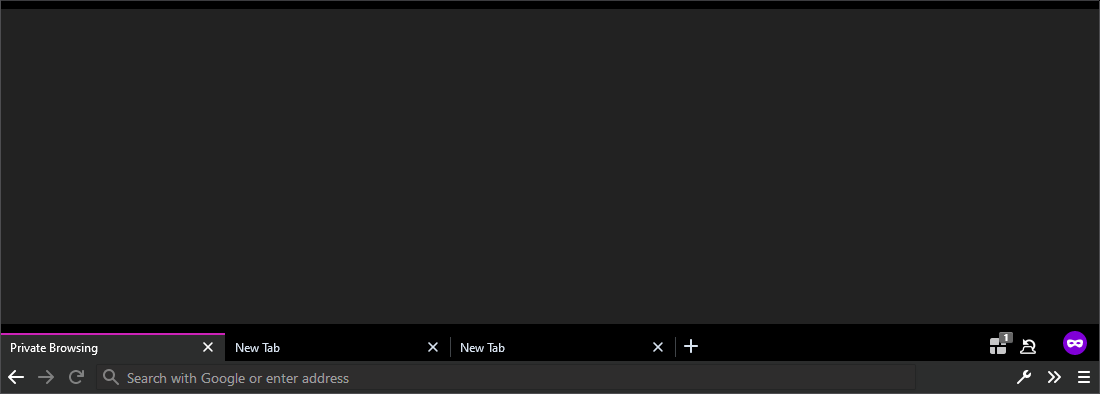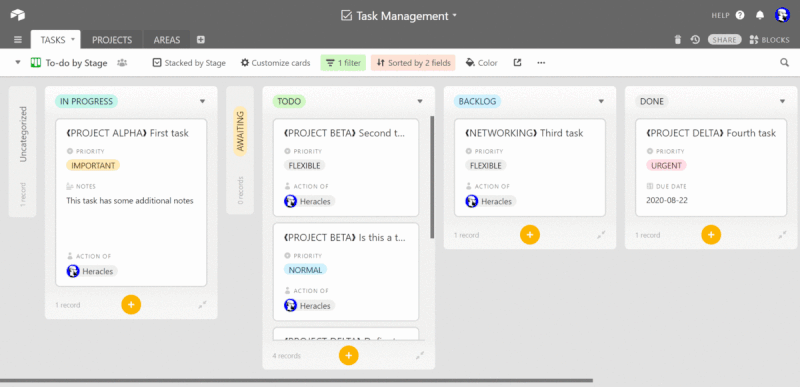A collection of home-made UserStyle CSS files, to be used with Stylus or other mechanism. UserStyles are used to modify the appearance (what you see) of a select few websites which I frequently use and would rather have a different design.
Use with the Stylus browser addon (for Firefox, for Chrome). Be cautious of similar-named addons as they’re often used to collect data without your consent. For an intoduction on how to use and experiment with Stylus (no need to be a programmer) see “Redesign Your Favorite Websites — Stylus Extension for FireFox or Chrome”.
These UserStyles may update automatically to accomodate for improvements and breaking changes, but they are primarily intented for my personal use, hence I am reluctant to changes that do not serve my use cases. You may use the Issue page to report any unintented behaviour (bugs) or breaks (usually when the website implements a major change) that you come accross.
Click on “Install this style” to preview the CSS code and install directy if you already have Stylus enabled. All styles support automatic updates.
- Global styles
- Hide dickbars — Hides “dickbars”, i.e. annoying CTAs and floating bars in several websites. Currently: facebook.com, instragram.com, twitter.com, newyorker.com.
- Thin scrollbars — Applies thin scrollbars to all windows and elements. The colors are configurable. (Firefox only)
- UserChrome.css
- tabs_to_bottom.userchrome.css — Moves the tab and URL bar to the bottom of the window.
- proton_theme_tweaks.userchrome.css — Tweaks for the Firefox Proton theme.
- airtable.com
- airtable.com dark theme — Dark theme for airtable.com. Beta quality, beware of 🐛.
- airtable.com neat kanban — Modifies the display of Airtable’s Kanban view to make better use of available space and simplify the cards UI.
- paper.dropbox.com
- paper.dropbox.com focus theme — Stylistic changes to forus on the editor.
Global or single-purpose styles that apply to multiple domains.
Hides “dickbars”, i.e. annoying CTAs and floating bars in several websites. Currently: facebook.com; instragram.com; newyorker.com; nytimes.com (incl. wirecutter); wired.com; artforum.com; japantimes.co.jp. For more complete applications, there are elaborate solutions such as @yourduskquibbles/webannoyances.
Applies thin scrollbars to all windows and elements. The colors are configurable. (Firefox only)
Styles to modify the User Interface of Mozilla Firefox through UserChrome.css. Their installation is not as easy, and this feature is disabled by default.
- On Windows, navigate to
%APPDATA%\Mozilla\Firefox\Profiles(you can copy/paste this in the Explorer address bar) or open the Local Directory of the profile in use by visitingabout:profilesfrom the browser address bar. The profile in use is the one you cannot delete. - Create a folder named
chromethen create inside it a file nameduserChrome.csswhere you will paste the relevant code. - If
userChrome.cssdoesn’t seem to work, openabout:configand settoolkit.legacyUserProfileCustomizations.stylesheets=trueif already set to false.
Moves the tab and URL bar to the bottom of the window. It’s where browser tabs should be by default in Windows, if proximity to the taskbar matters.
Tweaks for the Firefox Proton theme to remove border radius from several elements and make tabs bar more compact.
Dark theme for airtable.com. Alpha quality, beware of 🐛.
Modifies the display of Airtable’s Kanban view to make better use of available space and simplify the cards UI. It also modifies a collaborator field with the configurable title “Action of”, if it exists.
A set of styles that turns the sidebar and menus partialy transparent when the cursor is not over them. Includes some stylistic changes over the display of text, eg. — instead of bullet points, Input font (if exists on the system).
© 2020-2022 Heracles Papatheodorou a.k.a @heracles, MIT Licence

